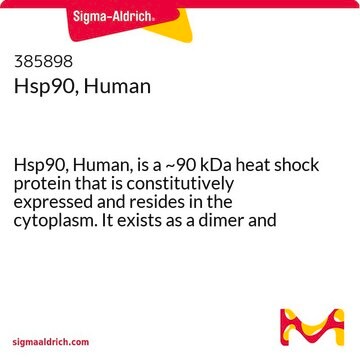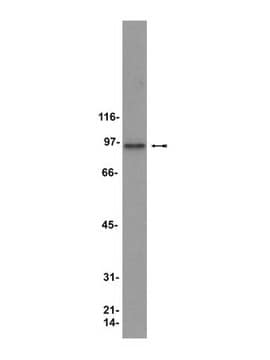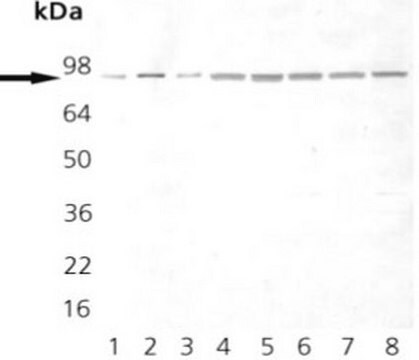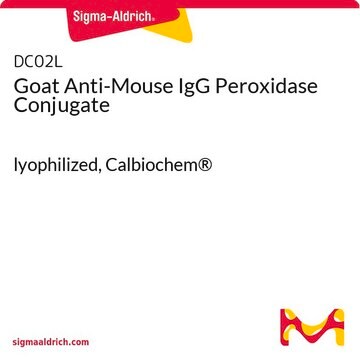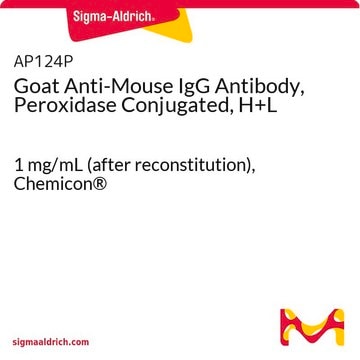H1775
Monoclonal Anti-Heat Shock Protein 90 antibody produced in mouse
clone AC-16, ascites fluid
Synonym(e):
Anti-EL52, Anti-HEL-S-65p, Anti-HSP86, Anti-HSP89A, Anti-HSP90A, Anti-HSP90N, Anti-HSPC1, Anti-HSPCA, Anti-HSPCAL1, Anti-HSPCAL4, Anti-HSPN, Anti-Hsp103, Anti-Hsp89, Anti-Hsp90, Anti-LAP-2, Anti-LAP2
About This Item
Empfohlene Produkte
Biologische Quelle
mouse
Qualitätsniveau
Konjugat
unconjugated
Antikörperform
ascites fluid
Antikörper-Produkttyp
primary antibodies
Klon
AC-16, monoclonal
Mol-Gew.
antigen 88 kDa
Enthält
15 mM sodium azide
Speziesreaktivität
wheat germ, chicken, Sf9 cell line, rabbit, rat, human, mouse, Achlya
Verpackung
antibody small pack of 25 μL
Methode(n)
microarray: suitable
western blot: 1:1,000 using cultured human foreskin fibroblasts
Isotyp
IgG2b
UniProt-Hinterlegungsnummer
Versandbedingung
dry ice
Lagertemp.
−20°C
Posttranslationale Modifikation Target
unmodified
Angaben zum Gen
human ... HSP90AA1(3320) , HSP90AB1(3326)
mouse ... Hsp90aa1(15519) , Hsp90ab1(15516)
Verwandte Kategorien
Allgemeine Beschreibung
Spezifität
Immunogen
Anwendung
Immunohistochemistry (1 paper)
Western Blotting (1 paper)
Biochem./physiol. Wirkung
Haftungsausschluss
Not finding the right product?
Try our Produkt-Auswahlhilfe.
Empfehlung
Lagerklassenschlüssel
12 - Non Combustible Liquids
WGK
WGK 3
Flammpunkt (°F)
Not applicable
Flammpunkt (°C)
Not applicable
Analysenzertifikate (COA)
Suchen Sie nach Analysenzertifikate (COA), indem Sie die Lot-/Chargennummer des Produkts eingeben. Lot- und Chargennummern sind auf dem Produktetikett hinter den Wörtern ‘Lot’ oder ‘Batch’ (Lot oder Charge) zu finden.
Besitzen Sie dieses Produkt bereits?
In der Dokumentenbibliothek finden Sie die Dokumentation zu den Produkten, die Sie kürzlich erworben haben.
Artikel
Quantitative and qualitative western blotting to validate knockdown by esiRNA.
Unser Team von Wissenschaftlern verfügt über Erfahrung in allen Forschungsbereichen einschließlich Life Science, Materialwissenschaften, chemischer Synthese, Chromatographie, Analytik und vielen mehr..
Setzen Sie sich mit dem technischen Dienst in Verbindung.

